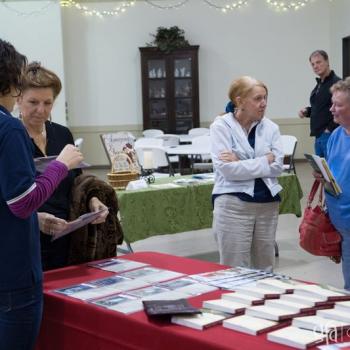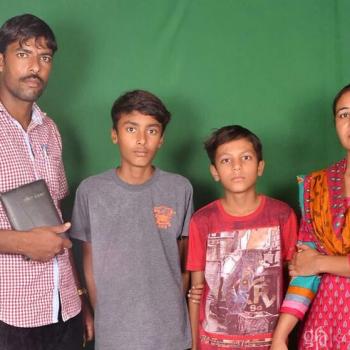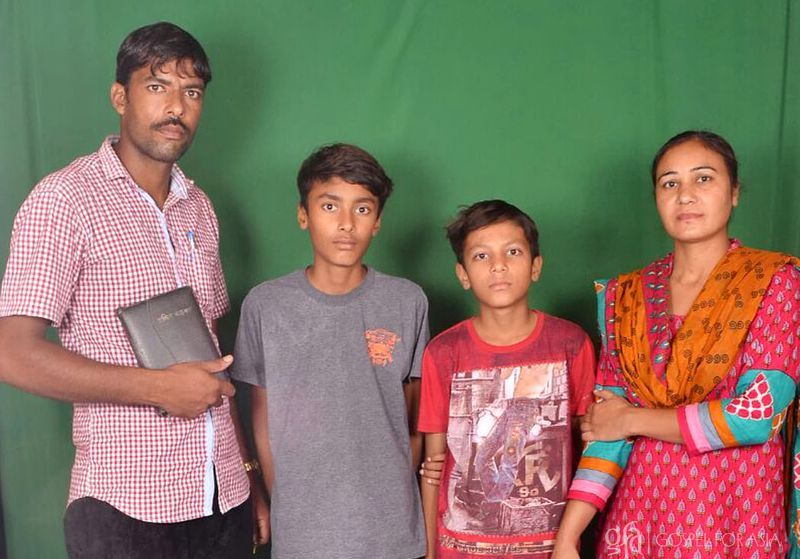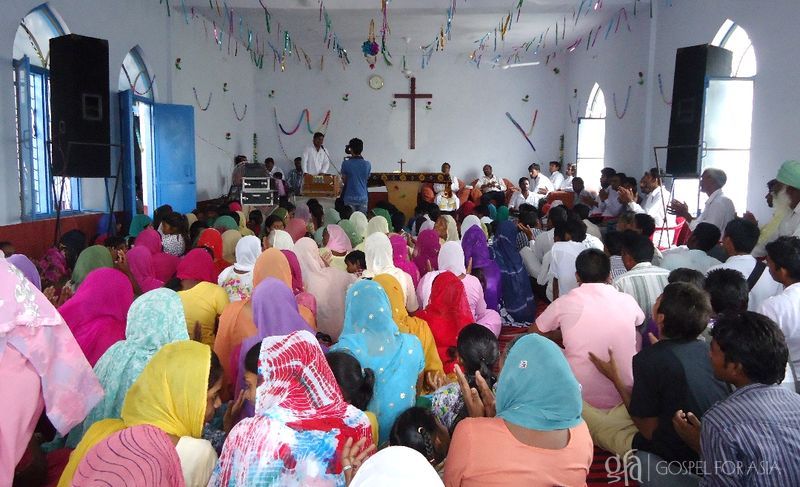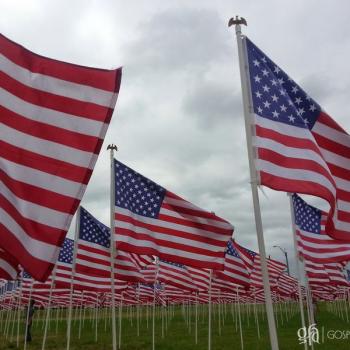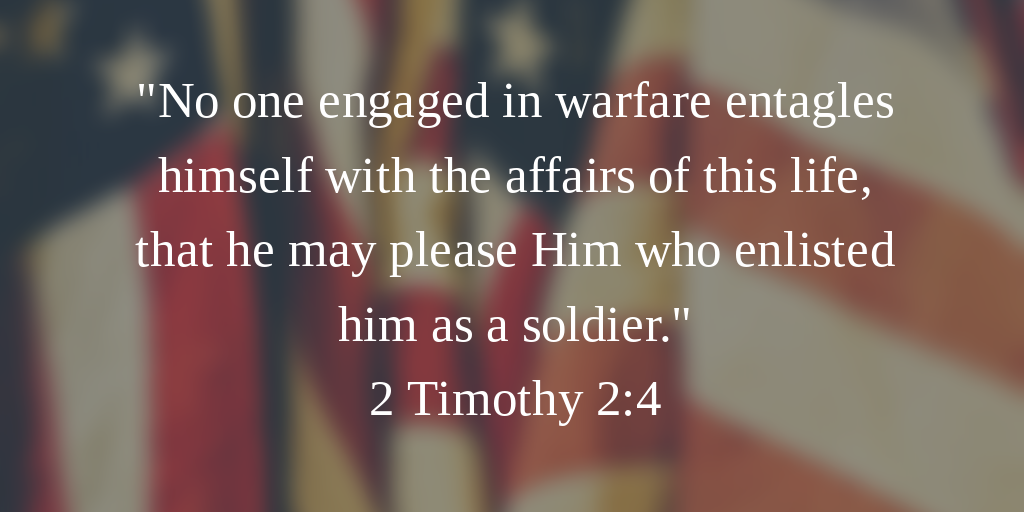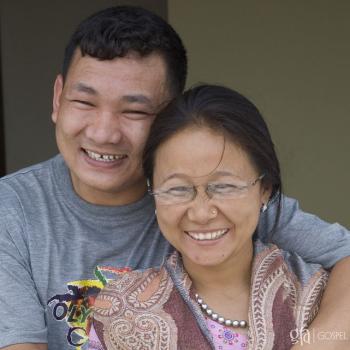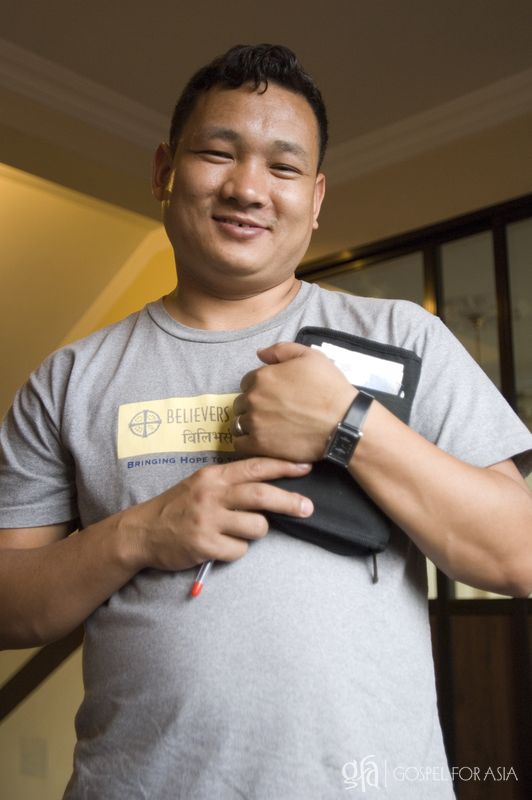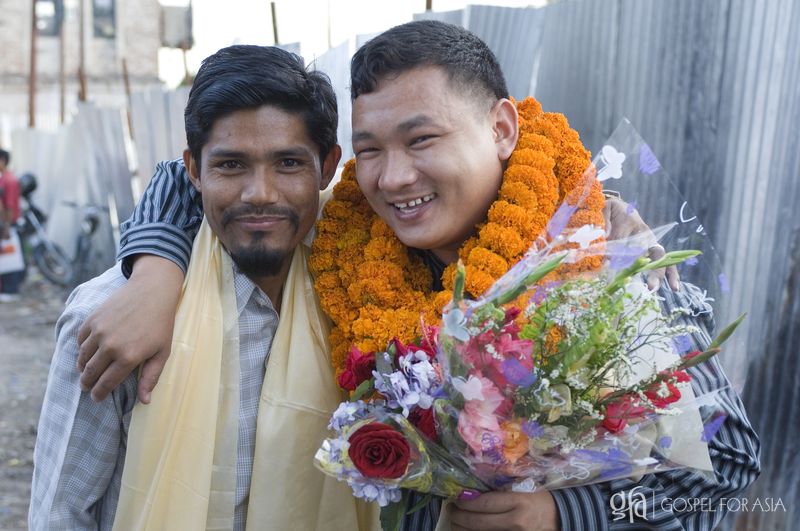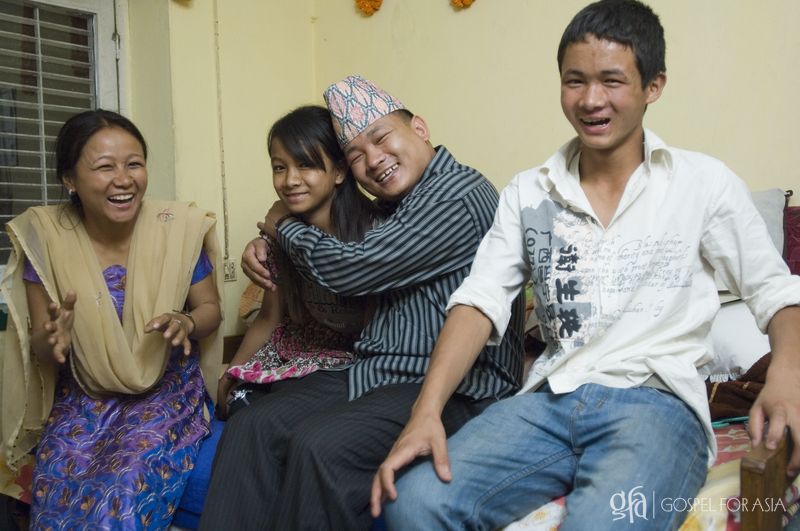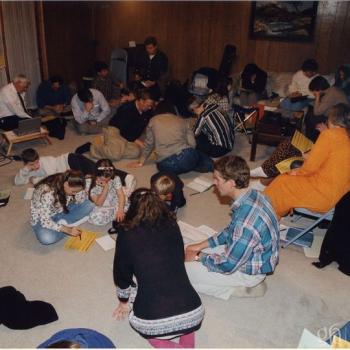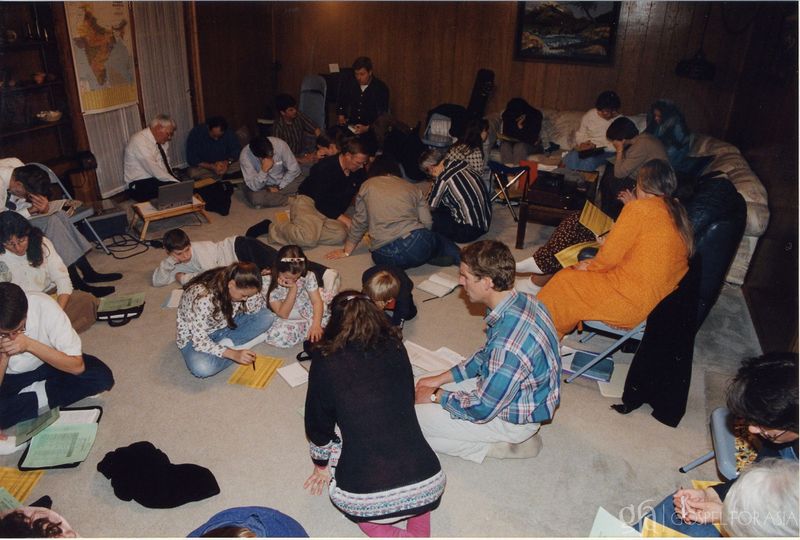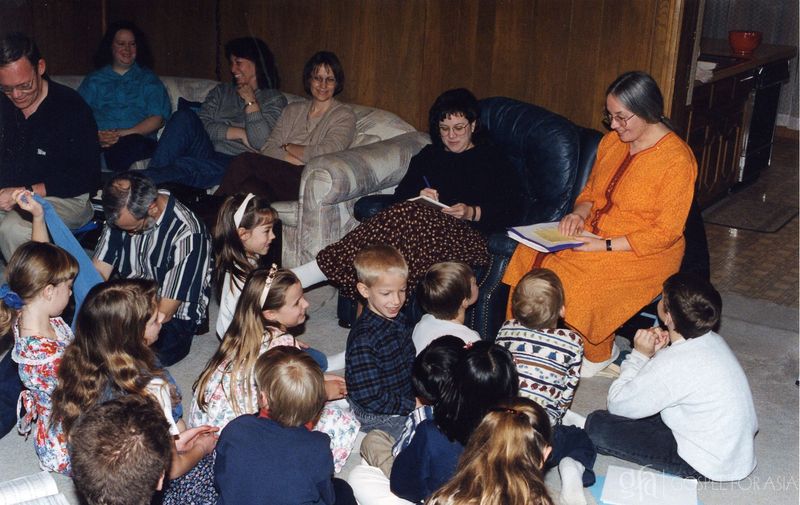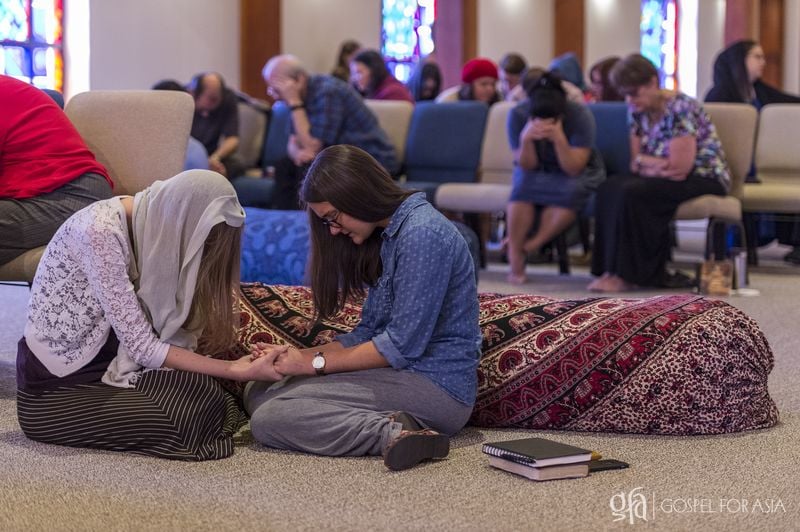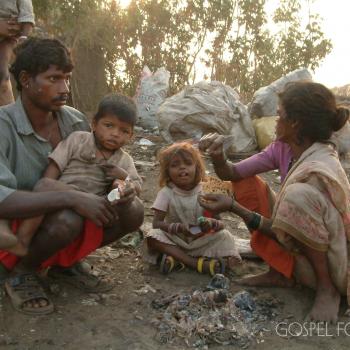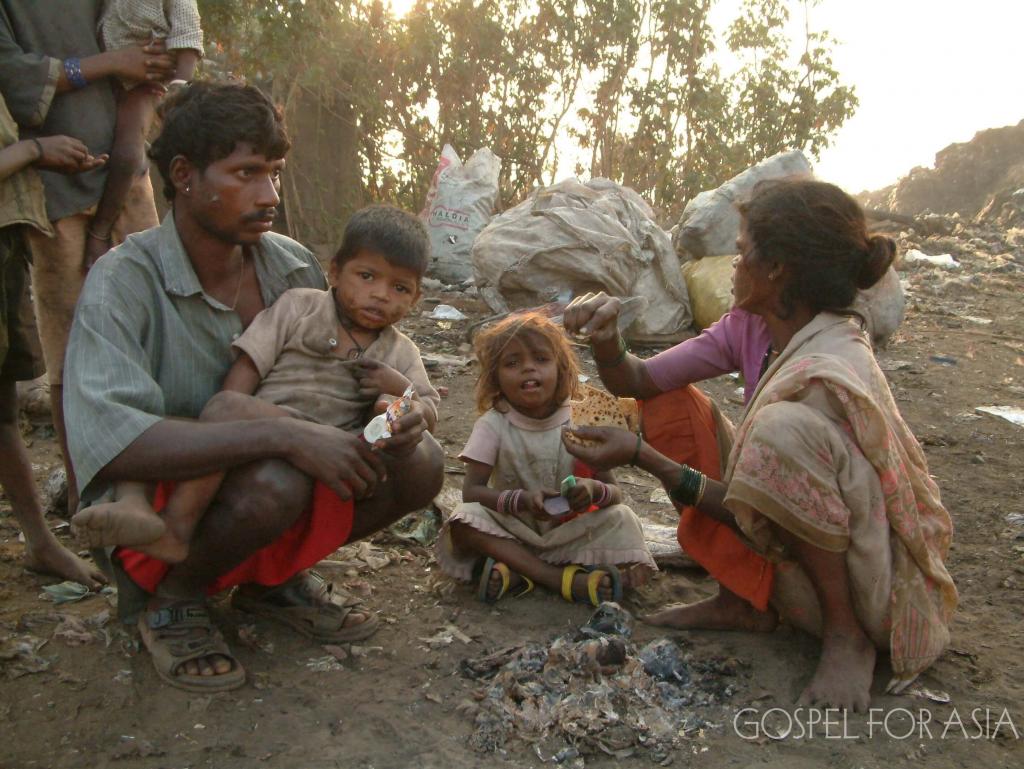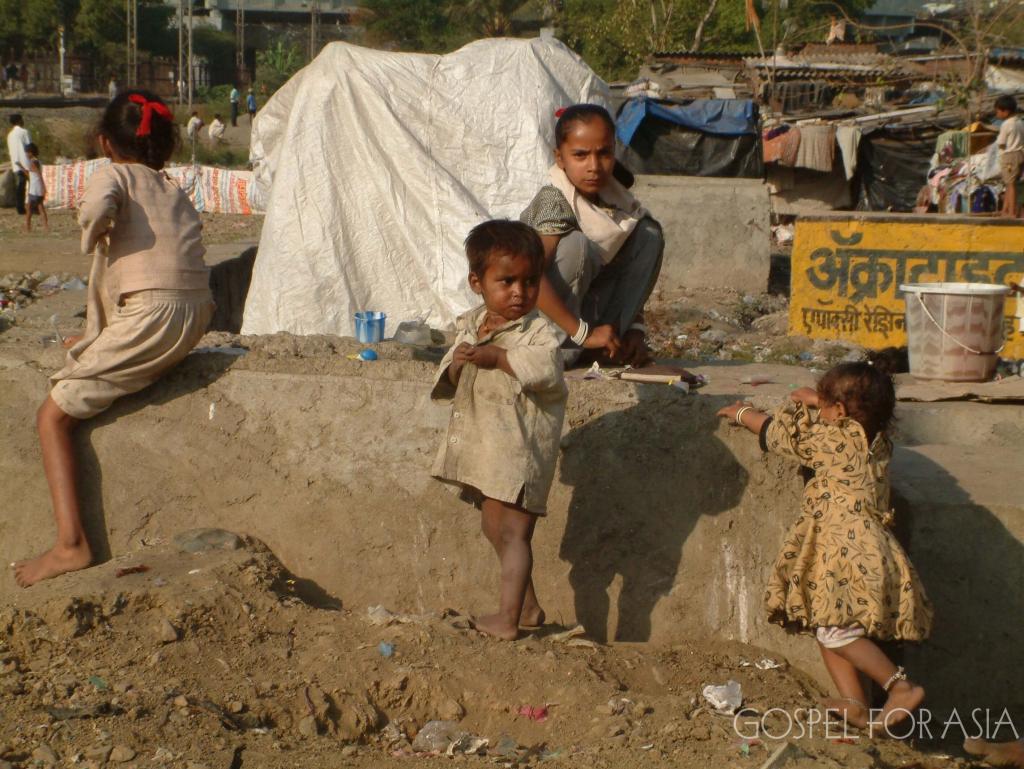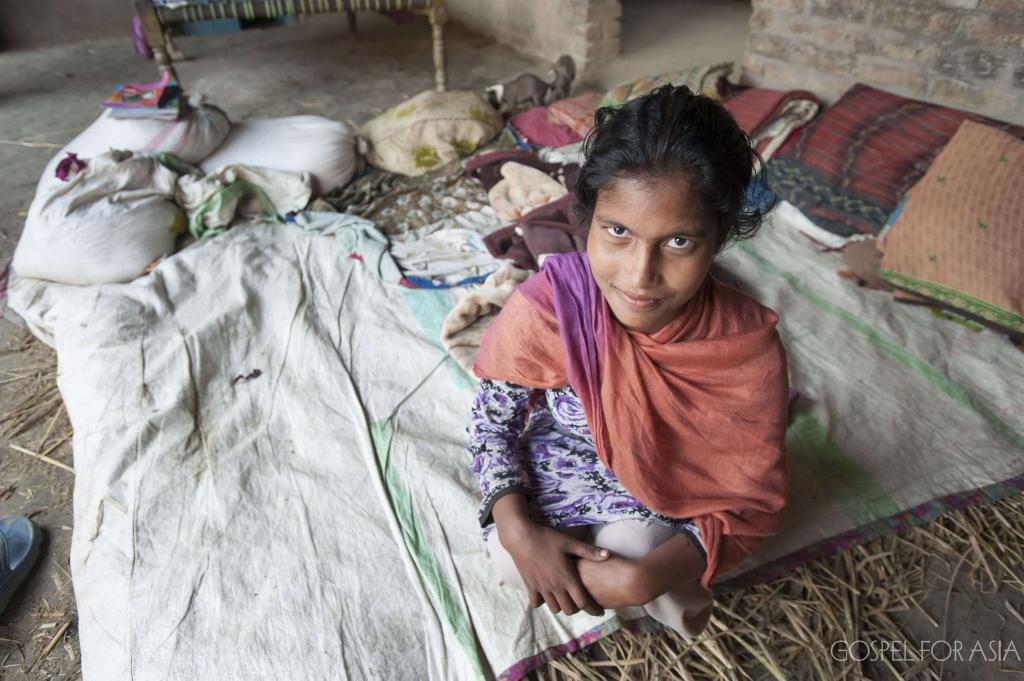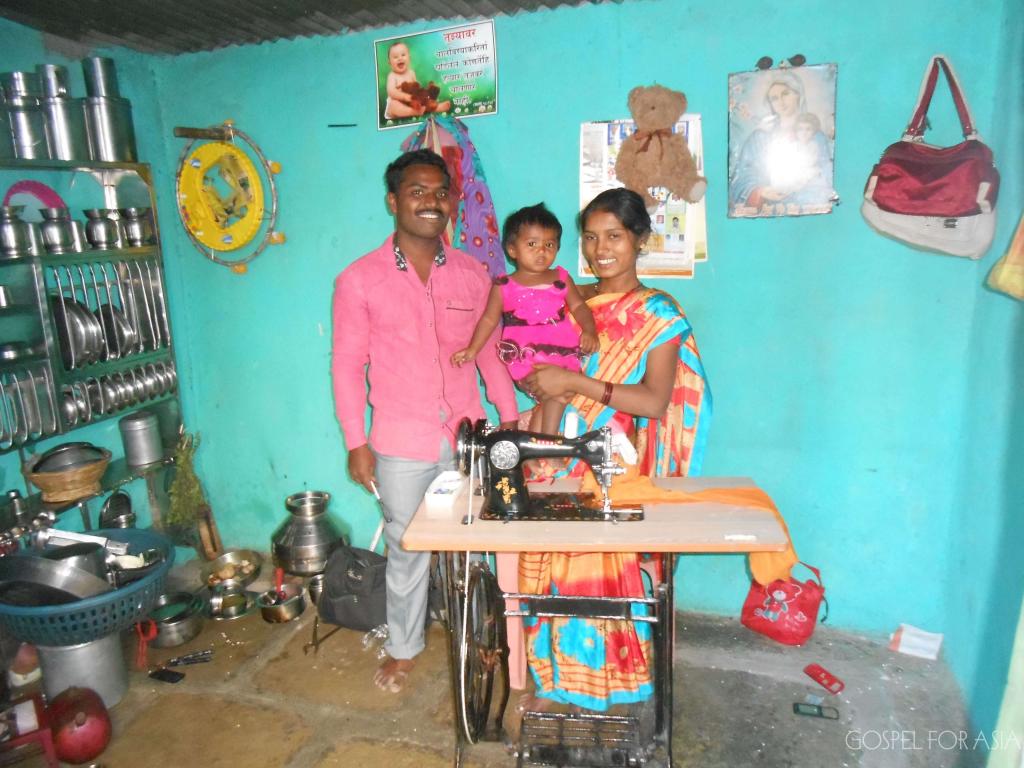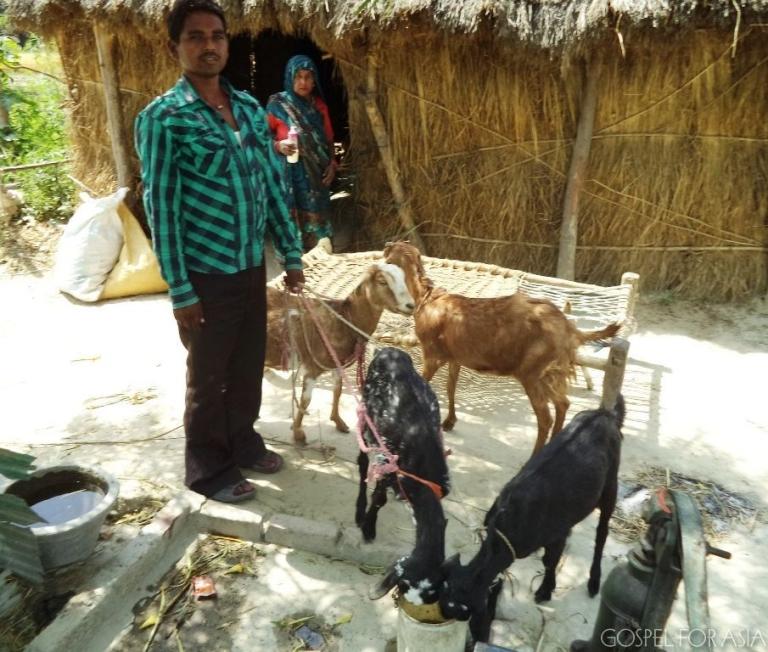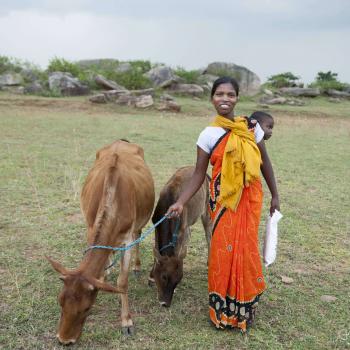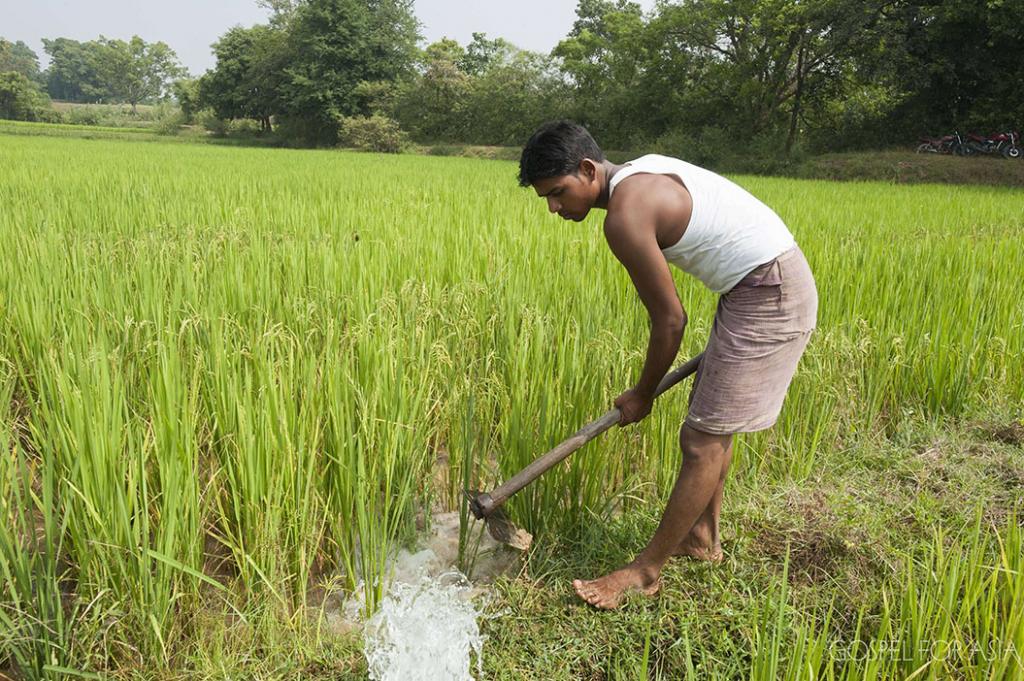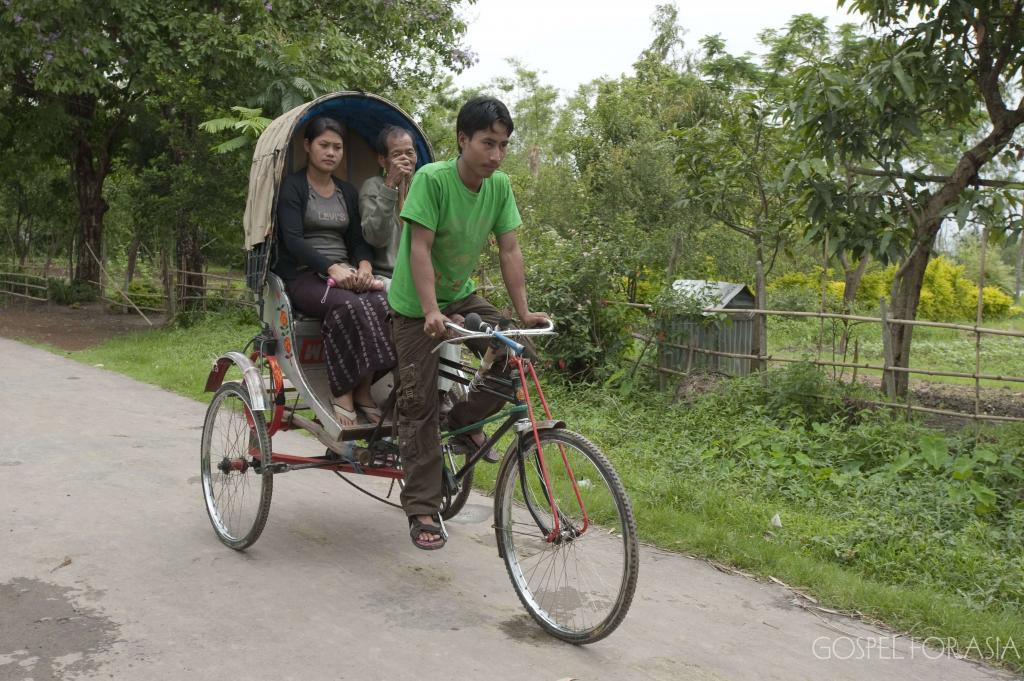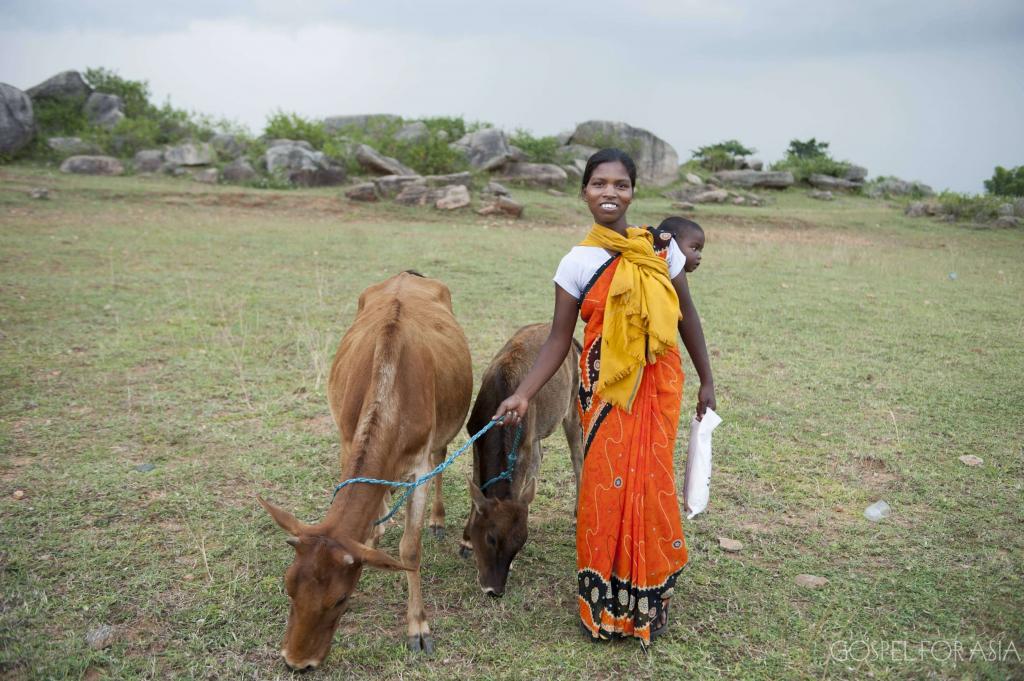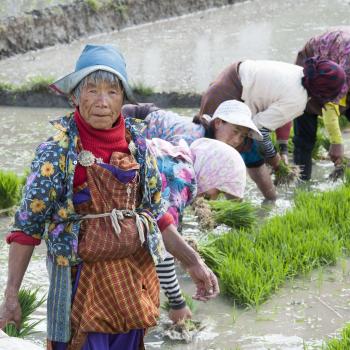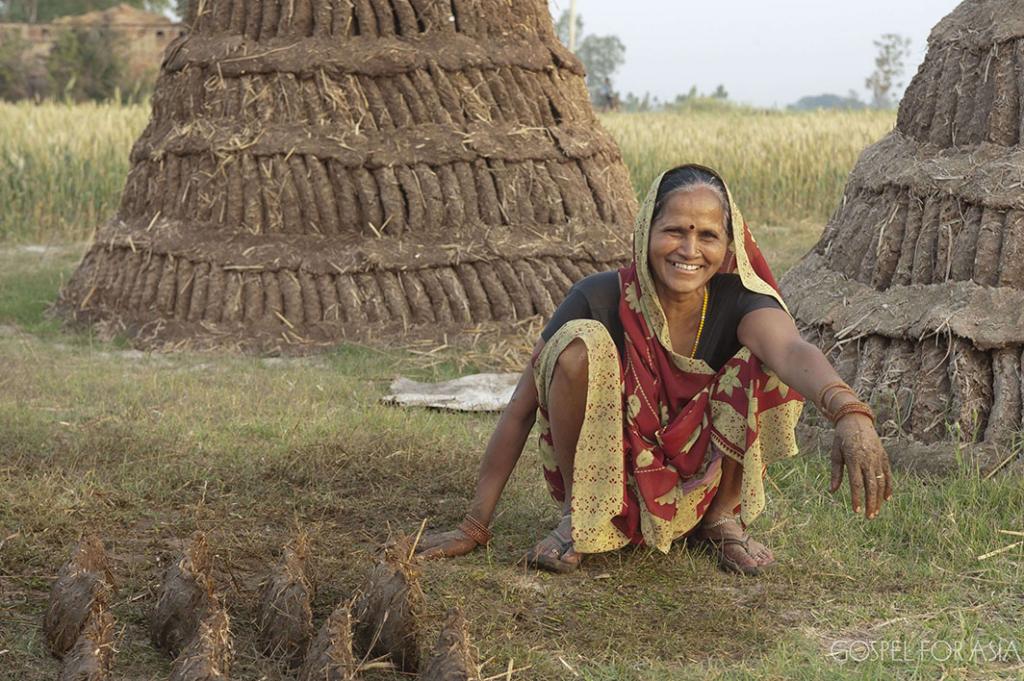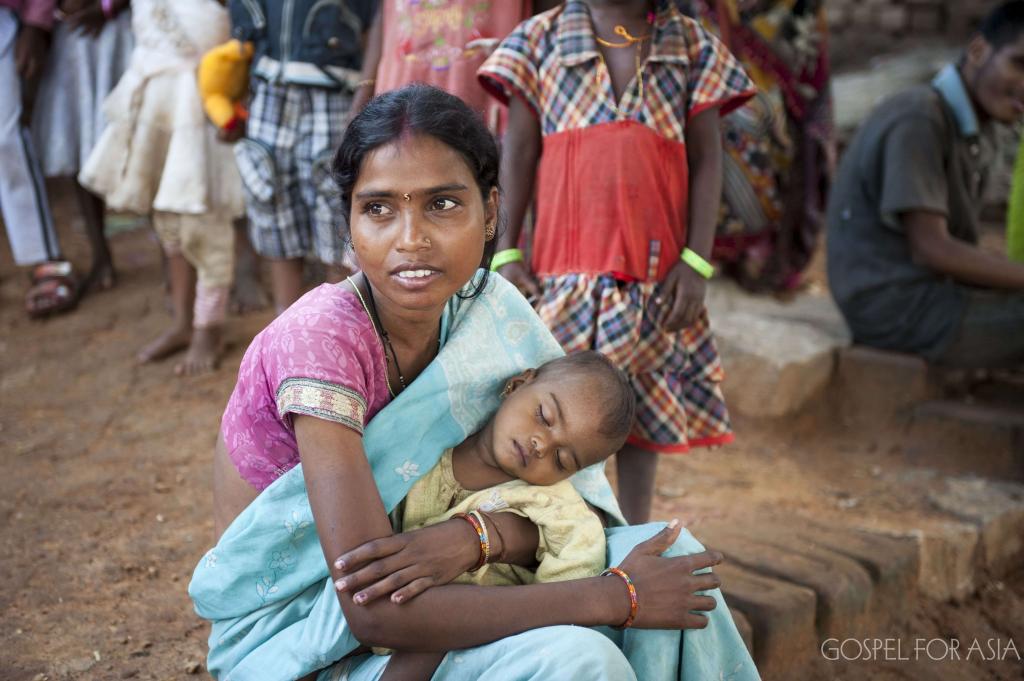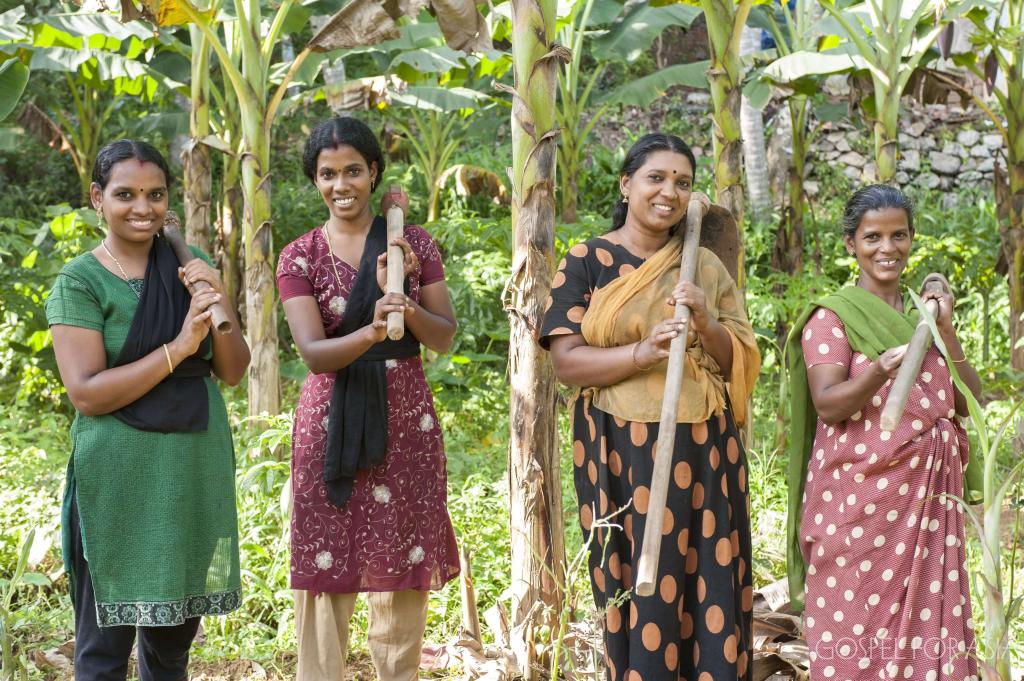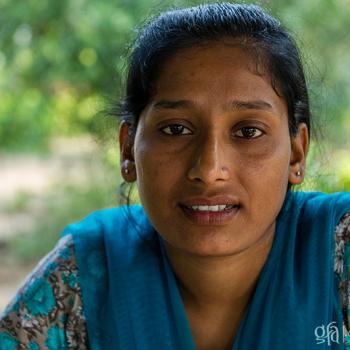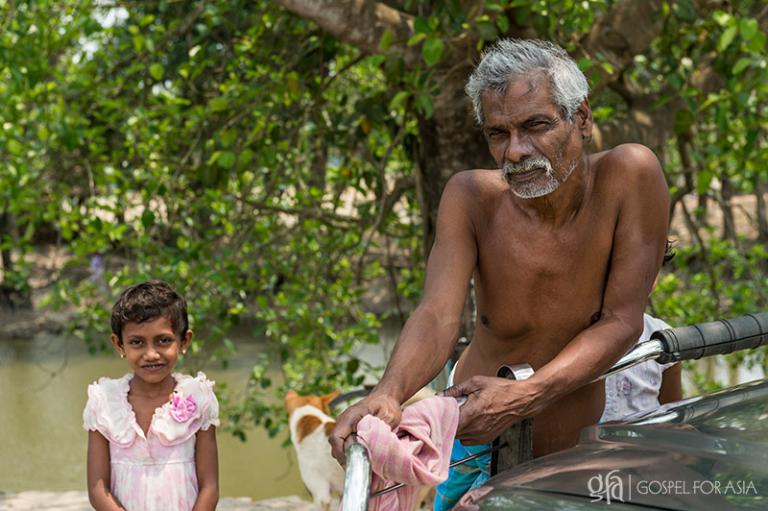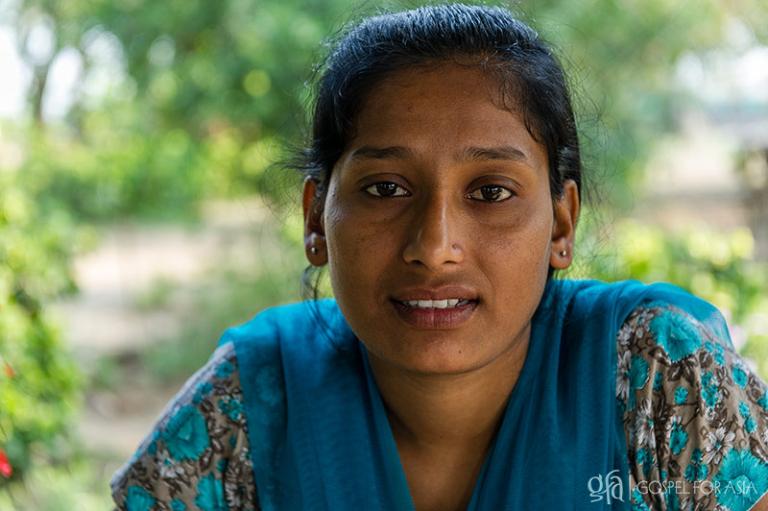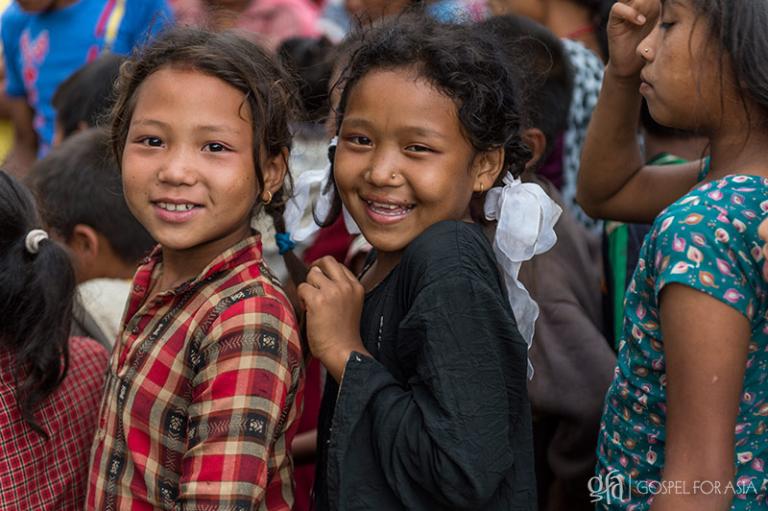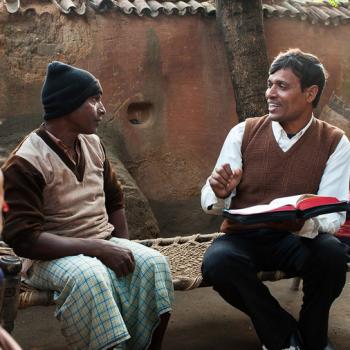Gospel for Asia (GFA) News, Wills Point, Texas
Imagine. You’re a woman in Asia with no rights.
You’ve just been married to a man who wants to use you to get rich. You really don’t have the money he’s looking for, yet you’re family’s required to provide a “wedding gift” — a dowry. Your father takes out a loan to pay the groom and his family, yet it’s still not enough. The husband’s family demands even more while your family is left impoverished with nothing more to give. Now your fate is to be burned in a blazing fire because what your family had to offer him didn’t make the cut.
Sound unbelievable? Bride burnings and dowry deaths still occur in Asia, even today.
Imagine. You wake up one day to find your husband went to work one morning then suddenly went missing. Days pass and you find out he was mauled by a fierce tiger, or lost his life in a work-related accident. You’re a widow now. But instead of getting support from your family during your grief, everybody who loved you before now abandons you and no longer cares for you, because they believe you have bad Kharma, which makes you responsible for your husband’s death. Is there any hope for you now?
Sound incredible? Millions of widows in India suffer alone and abandoned due to this social stigma.
Is there any hope for the women of Asia who find themselves living out these scenarios?
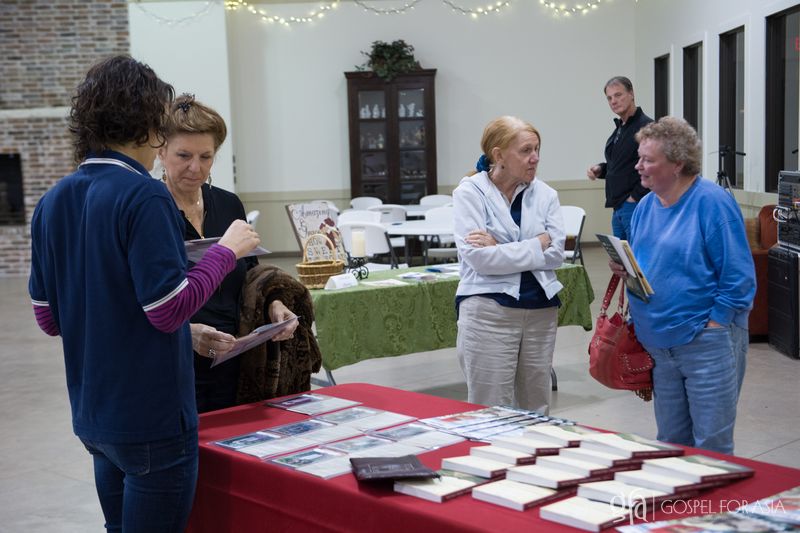
Movie Night at Local Church Raises Awareness
On Nov. 10, a few Gospel for Asia (GFA) staff and members of a local church came together to watch GFA’s documentary film, “Veil of Tears.” One couple who came to view the film was so shocked at the treatment of women in Asia that they covered their mouths throughout the movie as they considered what could be done to help these precious women that God loves so much.
Mary, a member of the local church, was overwhelmed by the reality that many women in Asia face.
“It’s overwhelming. You wonder how you can help,” Mary explained. “I’m just one person.”
Pastor David Cartwright, senior pastor of the local church, was gripped by compassion seeing the way some women are treated.
“My heart breaks when I see how deep evil and sin go in our world,” Pastor Cartwright said. “It’s hard to believe groups of people are so unloved and despised and treated like they are. It is beyond anything we see in our culture.”
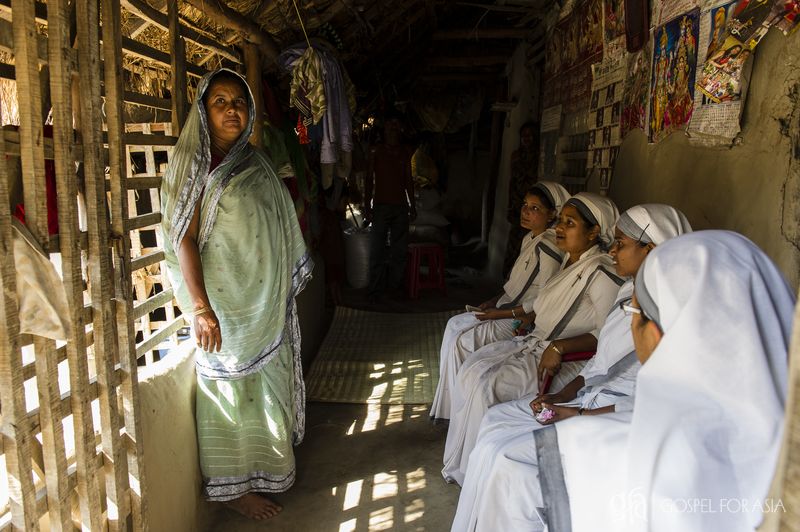
Gospel for Asia-supported Workers Bring Hope to Suffering Women
Near the end of “Veil of Tears,” the mood of the movie turns from the abuse and violence against women in Asia to hope as Gospel for Asia-supported women missionaries and Sisters of Compassion—women who are specifically trained to minister to the least of the least—enter the scene.
These national workers are changing the lives of hundreds of thousands of women in Asia simply by ministering to and loving them. They also offer programs that help improve a woman’s quality of life. One of those programs is literacy classes, which will keep a woman from signing bad contracts or being cheated at the marketplace.
“I’m really impressed with the literacy of the children and the women, because I think that changes lives,” Mary explained. “I think that’s one thing that no matter what country you’re in or who you are, literacy changes lives.”
The film also shows the ministry Sisters of Compassion have on an island that is home to millions of widows who have been overlooked and abandoned by their family and friends.
“When I stand before my God,” one Sister of Compassion explained, “He’ll say to me, ‘You’ve done a good job, and because of you, these widow mothers are in heaven also.’”
One Person Can Make a Difference for Women in Asia
After the film ended, a Gospel for Asia staff member stood before those who were in attendance and pointed out that we may not be able to do everything, but all of us can do something.
“If God cares about our personal struggles,” she said, “certainly He cares much more about the bigger things.”
Then everyone gathered in groups to pray for women missionaries and those women who are suffering. Mary was impacted by the call to prayer.
“It’s going to make me think and pray differently, and hope I don’t get callous,” Mary said.
The question I’m going to leave with you is a question I asked before: Is there hope? Through people’s prayers and support of the women missionaries and Sisters of Compassion, many women who have no hope will finally find it.
=====
For more blogs by Gospel for Asia on Patheos, go here.
For more details on the powerful documentary movie, Veil of Tears, go here.
Go here to know more about Gospel for Asia: GFA.net | GFA Wiki | GFA Flickr


